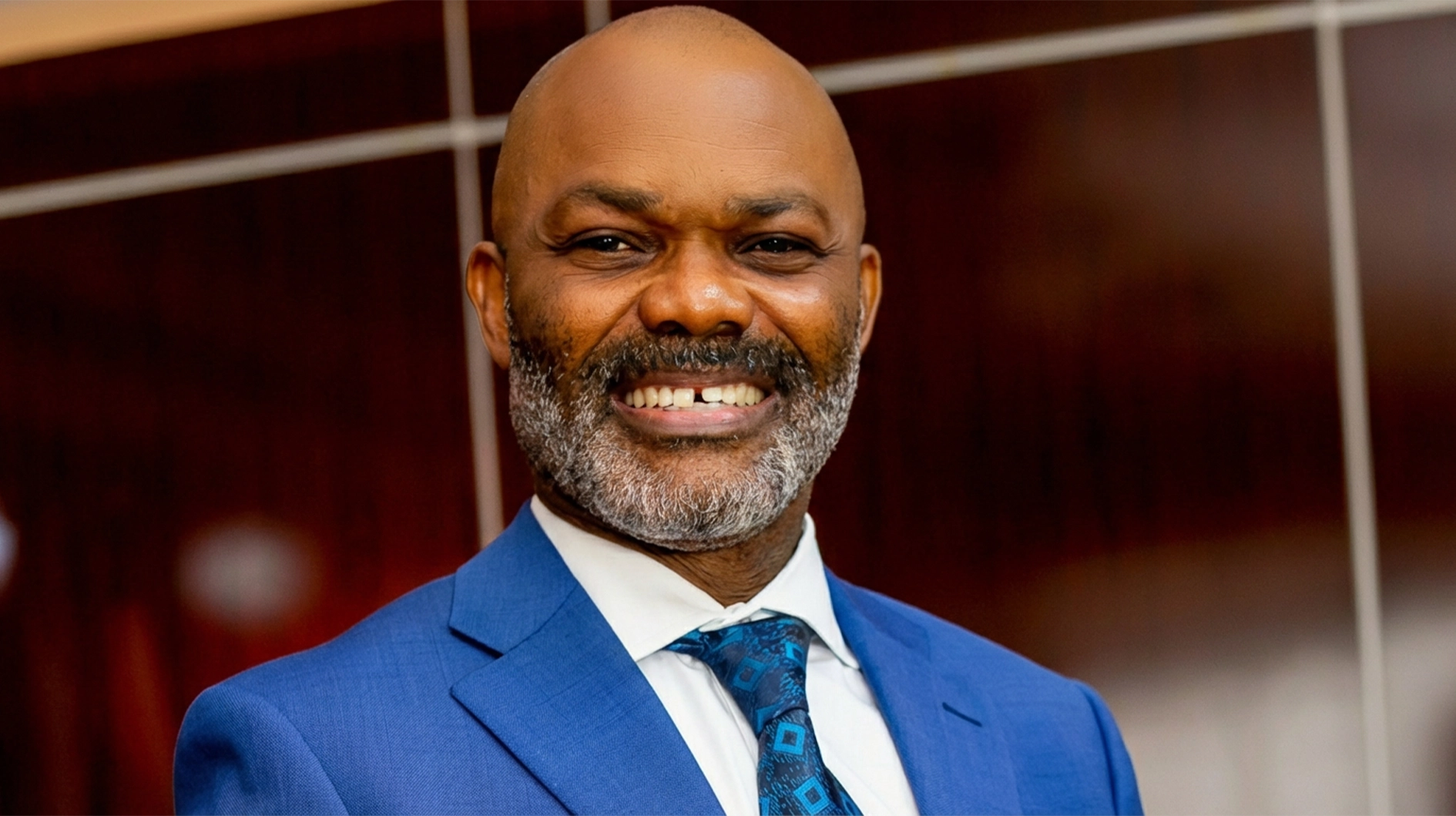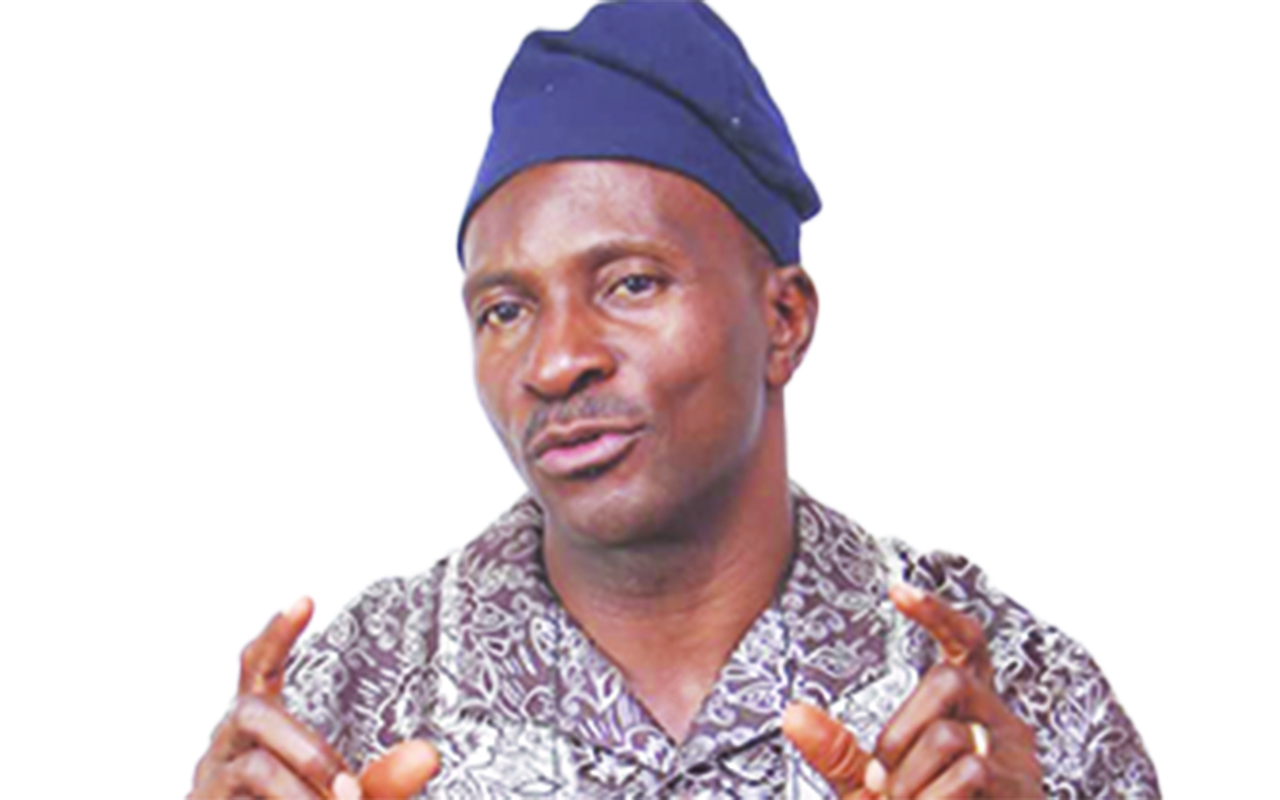Nigeria is facing rising climate-health challenges from severe floods and heatwaves to increasing waterborne and vector-borne diseases. In this interview, an Environmental Health Specialist and climate researcher, Oluwaferanmi Akinyemi, speaks with The Guardian on how resilience, data-driven systems, equity, and community engagement can strengthen Nigeria’s public health response in a warming world.
Nigeria is facing rising climate-health challenges. From your U.S. experience, what should be the most urgent priority for Nigeria’s healthcare system?
The most urgent priority is resilience. In the United States, we’ve seen how climate extremes whether hurricanes, wildfires, or heatwaves directly affect public health. However, hospitals are prepared for patient surges, water systems are constantly monitored for contamination, and emergency response is coordinated nationally.
Nigeria needs that same mindset: systems that don’t just react to crises but anticipate them. Building resilience means investing in early-warning tools, strengthening water protection, and ensuring that public health officers are trained to connect climate data with health outcomes. Without resilience, every flood or drought becomes a national emergency instead of a managed risk.
How can Nigeria use data more effectively in public health?
Data is the backbone of modern public health. In the U.S., national agencies like the Centers for Disease Control and Prevention (CDC) is and United State Environmental Protection Agency (EPA) rely on geospatial mapping, climate models, and surveillance systems to track risks in real time. This helps us predict outbreaks like West Nile virus or anticipate water contamination after storms.
Nigeria must build similar infrastructure. Reliable data on water quality, disease outbreaks, and climate events is essential. Without it, decisions become guesswork. With it, Nigeria can allocate resources where they’re needed most, act before small problems escalate, and build credibility in its health system. Data-driven systems aren’t a luxury; they’re the foundation of trust and effectiveness.
Climate change is intensifying floods, heatwaves, and disease outbreaks across Nigeria. How can the healthcare system respond more effectively to climate-driven emergencies?
Climate-driven emergencies require preparation, not improvisation. In developed countries like the U.S., healthcare systems anticipate climate shocks whether hurricanes, wildfires, or heatwaves through coordinated emergency response plans, surveillance networks, and national standards that guide local action. Nigeria can adopt a similar layered approach.
First, early-warning systems must be strengthened. Flood forecasts, heat alerts, and disease surveillance should be integrated into healthcare planning so hospitals and clinics can prepare before crises hit.
Second, infrastructure resilience is critical. Health facilities must have reliable water supplies, backup power, and safe sanitation systems that can withstand climate extremes.
Third, community-level preparedness is essential. Public health officers should work directly with communities to educate them on risks, evacuation protocols, and preventive measures.
Finally, Nigeria must embed climate foresight into healthcare policy. In the U.S., agencies like the CDC and Federal Emergency Management Agency (FEMA) ensure that climate data informs health operations nationwide. Nigeria can replicate this by creating national frameworks that guide local responses, ensuring consistency and accountability. When health systems anticipate risks, they save lives, reduce cost, and build public trust.
Vulnerable communities often bear the brunt of environmental hazards. From your U.S. experience, how can Nigeria ensure equity in climate-health interventions?
Equity must be the foundation of climate health interventions. My research experience shows that climate impacts are never evenly distributed; low-income neighbourhoods, minority communities, and rural populations often suffer the most from floods, heatwaves, and pollution.
To address this, public health agencies must deliberately design programmes with equity at the centre: mapping vulnerable populations, directing resources to high-risk areas, and ensuring interventions are accessible to all.
First, identify who is most at risk whether rural communities with limited healthcare access, urban slums exposed to flooding, or farmers facing drought.
Second, prioritise resources for these groups. Clean water infrastructure, disease surveillance, and emergency response must reach the most vulnerable first.
Third, embed community voices in decision-making. In the U.S., community advisory boards and local partnerships ensure interventions reflect lived realities. Nigeria can strengthen trust by involving local leaders, civil society, and residents in shaping climate health policies.
Finally, equity requires accountability. Every climate-health program should be evaluated not just on efficiency but on fairness. Did it reduce risks for the poorest, the most exposed, and the least represented? If not, the system must adapt. By making equity a measurable outcome, Nigeria ensures no group is left behind as it builds resilience against the health impact of climate change.
Community engagement seems central to your approach. Why is it so important for Nigeria?
Because public health is not just about science, it is trust. When people are educated about risks, consulted on solutions, and made partners in compliance, it builds ownership.
Nigeria can strengthen its healthcare system by involving communities early, educating them about climate risks, listening to their concerns, and making them allies in solutions. When people understand the “why,” they become defenders of their own health. Without community engagement, even the best policies fail. With it, resilience becomes a shared responsibility.
How can Nigeria foster a culture of integrity in climate-health development, especially with limited ethical and legal frameworks?
Nigeria stands at a crossroads. We can either remain dependent on foreign systems or build solutions tailored to our realities. To achieve the latter, ethics must come first. Nigeria should empower its national environmental, health, and safety institutions to set and enforce strict standards of accountability. Transparency should become a competitive advantage agencies should publish reports showing how they protect communities and test for fairness.
Integrity is not optional; it is the foundation of trust.
What global lessons from your U.S. practice can Nigeria adapt to its realities?
One key lesson is that resilience must be built locally but supported nationally. In the U.S., public health systems succeed when local communities have tools but national agencies provide coordination and standards. Nigeria should adopt the same model empowering local health officers while building national frameworks.
Another lesson is transparency. Every inspection, standard, or intervention should be explainable and open to review. That builds credibility.
Finally, the U.S. integrates climate foresight into healthcare planning. If Nigeria embeds climate intelligence into its public health systems, it will save lives and resources in the long run.
Looking ahead, what gives you hope about Nigeria’s climate-health development?
I’m hopeful because Nigeria has the resources and the talent. Our scientists, public health officers, and young professionals are innovative and resilient. What we need now is leadership that prioritises climate-health integration investing in data systems, empowering communities, and embedding integrity in every decision.
Nigeria has the ingenuity and resilience to lead in climate-health development, but we must start now, with integrity at the core of everything we build.






